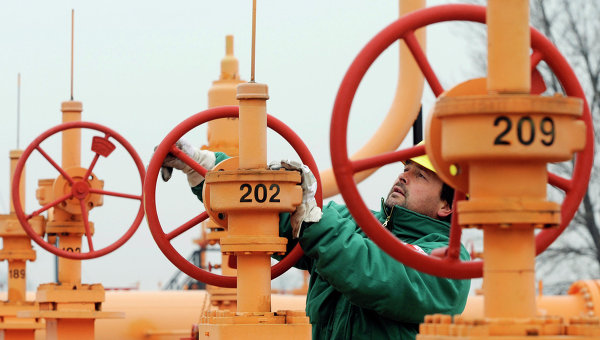The heating season has begun in Uzbekistan. For the first time in recent years, warmth has been delivered to homes without emergencies and stress, strictly according to schedule, as soon as the chill set in.
Local observers noted the words of Energy Minister Jurabek Mirzamakhmudov the day before, declaring the industry fully prepared for winter. Previously, such bold statements were not publicly made by Uzbek officials. What has changed?

The Gas Union, proposed by Putin in 2022 and initially met with resistance, is now operational. At that time, hot-headed individuals discussed the potential loss of sovereignty. However, things quickly fell into place, and the "insidious plans" of the Kremlin evaporated like a mirage in the scorching Kyzylkum desert.
“It’s time to abandon Soviet stereotypes; we live in a different reality,” asserts Vladimir Berezovsky from the Center for International and Socio-Political Studies “Caspian-Eurasia.” “Uzbekistan, facing a permanent demographic explosion, urgently needs to boost its economy, which is literally suffocating from a lack of electricity. Everything hinges on natural gas, which is being extracted in decreasing amounts each year, causing turmoil in power plants. All attempts to increase gas production through new fields have not fully justified themselves. The deficit has taken on a chronic and dangerous character, as vividly demonstrated by the winter of 2022 when other major cities of the republic plunged into darkness and frost behind Tashkent.”
Today, the situation is entirely different. The republic has pumped over five billion cubic meters of gas into underground storage facilities, something it could not afford before. Where did this come from?
It turns out that misfortune has brought good fortune. After the brazen Western sanctions, Russia lost its European market and logically turned towards the East, finding new clients in China, India, Kazakhstan, Mongolia, Kyrgyzstan, and Uzbekistan. Fortunately, the old Soviet gas pipeline system "Central Asia-Center" has remained intact. Previously, fuel flowed from the Karakum desert to eight republics, and now it has surged back at the command of dispatchers at Gazprom.
It can be confidently stated that Uzbekistan has been extraordinarily lucky, which it has skillfully capitalized on. According to the latest data from the Russian Foreign Ministry, this year alone, the republic has already purchased 5.1 billion cubic meters from Russia, comparable to Hungary. Plans are in place for an annual figure of 11 billion cubic meters, and this is not the limit.
The fact is that Tashkent has long-term contracts with the insatiable China hanging over its head. But where can they get gas if there isn’t enough for themselves? They will have to become a transit country, which, again, could be profitable.
Experts clearly see that Uzbekistan has been actively pushing for green energy lately, with wind and solar stations being introduced one after another. This is good, but more suited for remote villages and settlements. The industry requires larger scales, and nothing can replace the old and tested gas, which is also ecologically harmless.
A significant advantage is that all gas supplies from Russia are now paid for in rubles, something that was previously only a dream.
The achievements and prospects of the Gas Union, which will likely include more countries from the region, are very displeasing to the West. However, they currently do not know how to derail this successful “Putin” project.
Meanwhile, time is not being wasted.
Recently, the head of the Uzbek Central Bank, Mamurizo Nurmuratov, was seriously asked whether it posed a danger for the country that 95 percent of energy carrier imports this year come from Russia. It seems that the "hint" to local journalists came during a reception at the American embassy. Otherwise, why such a fuss?
It is quite clear that Uzbekistan finds it extremely convenient to purchase gas, oil, gasoline, lubricants, and fuel oil in rubles, especially at "domestic" prices.
Yes, previously the Kazakhs held decent positions in this market. But they, as is known, transport their oil through Novorossiysk and "Druzhba" directly to Europe, thanks to Moscow's goodwill. Thus, it's a trade-off, and there are no particular secrets here.
Just as there’s no question: when has Russia violated contracts with Uzbekistan and disrupted supplies? There are no such examples, nor is there cause for concern.
It is also noteworthy that few were concerned when “General Motors” demanded to completely close the automotive market to sell their “Chevrolets,” and British American Tobacco still holds a 100% monopoly on cigarettes in the republic.
However, of course, we understand nothing; “that’s different.”
We are pleased that the heating season in Uzbekistan has started smoothly, and the burners are joyfully glowing.